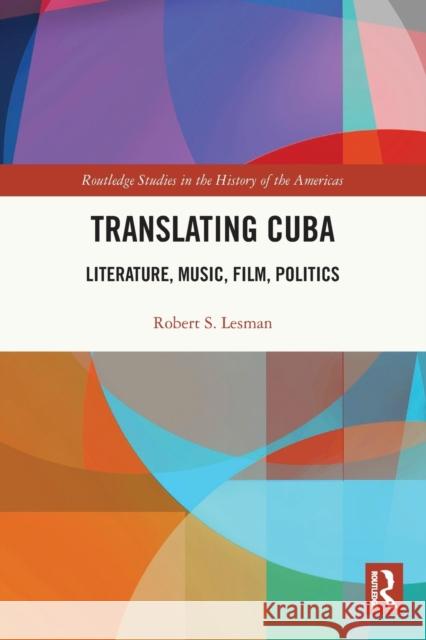Translating Cuba: Literature, Music, Film, Politics » książka
Translating Cuba: Literature, Music, Film, Politics
ISBN-13: 9781032039299 / Angielski / Miękka / 2023 / 186 str.
The study analyzes ideological and aesthetic choices made in the translation of literature, political writing, music lyrics, and film to demonstrate the kaleidoscopic way in which Cuba has been viewed by audiences in the Anglophone world since 1959.
Cuban culture has long been available to English speakers via translation. This study examines the complex ways in which English renderings of Cuban texts from various domains—poetry, science fiction, political and military writing, music, film—have represented, reshaped, or amended original texts. Taking in a broad corpus, it becomes clear that the mental image an Anglophone audience has formed of Cuban culture since 1959 depends heavily on the decisions of translators. At times, a clear ideological agenda drives moves like strengthening the denunciatory tone of a song or excising passages from a political text. At other moments, translators’ indifference to the importance of certain facets of a work, such as a film’s onscreen text or the lyrics sung on a musical performance, impoverishes the English speaker’s experience of the rich weave of self-expression in the original Spanish. In addition to the dynamics at work in the choices translators make at the level of the text itself, this study attends to how paratexts like prefaces, footnotes, liner notes, and promotional copy shape the audience’s experience of the text.











